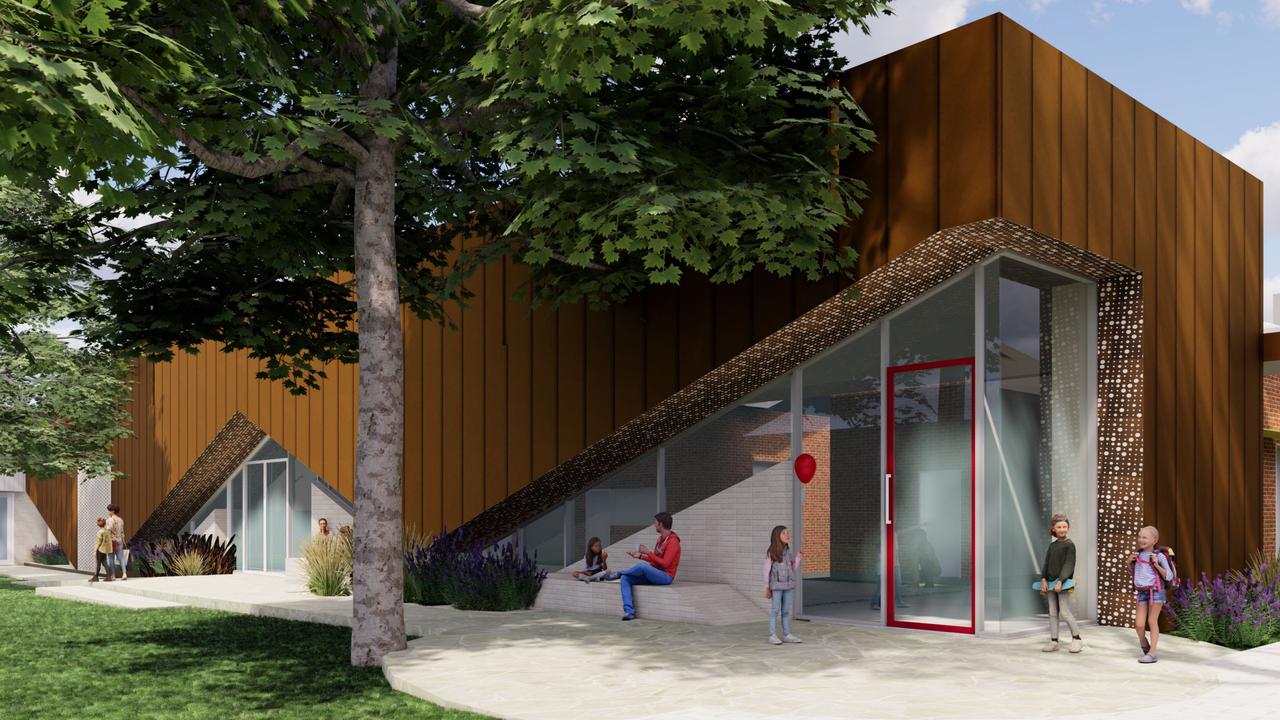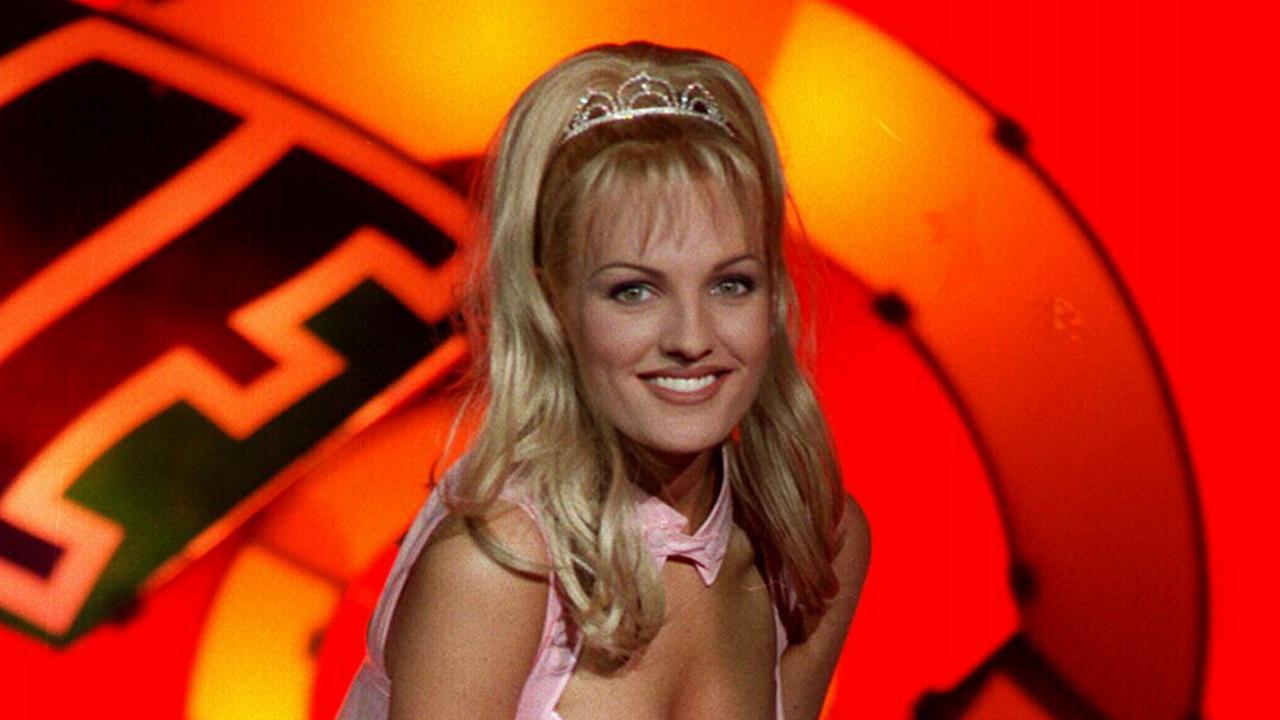New Australian research shows smacking kids causes long-term harm
The long-term effects of smacking children have been revealed in new Australian research, and the results may make you think twice.
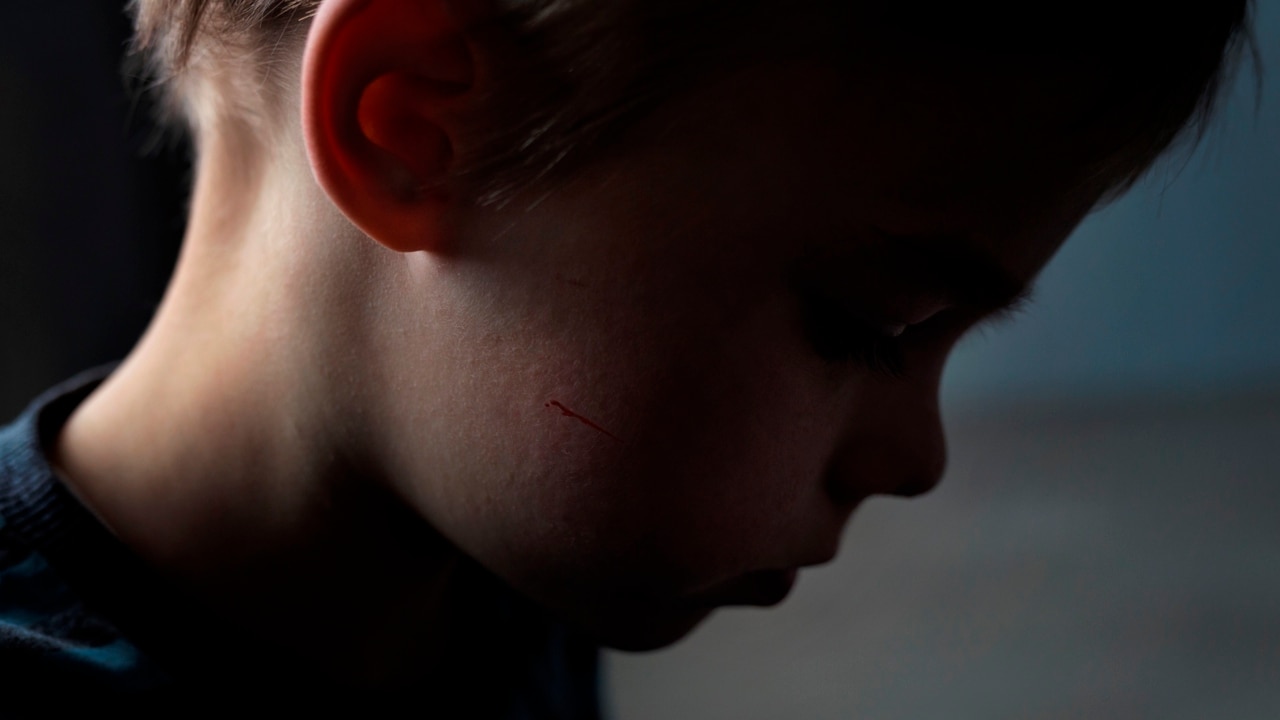
SA News
Don't miss out on the headlines from SA News. Followed categories will be added to My News.
The verdict is in and smacking is out.
New Australian research leaves parents in no doubt that smacking kids does not change their behaviour and instead can make them more aggressive, anxious or depressed.
It also leaves them more vulnerable to ending up in violent relationships as they are taught it is normal for someone who loves them to hit them.
The findings have reignited debate about making smacking a criminal offence and prompted calls for more support and education for parents to manage their child’s difficult behaviour.
The Corporal Punishment of Children in Australia report, published this week in the Australian and New Zealand Journal of Public Health, found:
SMACKING may stop a child from acting out at first but over time they can become more aggressive.
PARENTS often feel they have to escalate the punishment to gain the same level of compliance.
THE brain of a child who is smacked changes, as it disrupts circuits that are important for emotional regulation and cognitive functioning.
LONG-TERM effects include higher risk of developing anxiety or depression, using violence or being a victim of violence in future intimate relationships.
Lead author University of Melbourne professor of psychiatry Sophie Havighurst said many people still tried to justify smacking because it was done to them and “it didn’t harm me”.
“People think it doesn’t actually hurt the child or they’re little so they’ll forget,” she said.
“But it only takes four times being hit in childhood that it slightly alters your (brain) development and it doubles the chances of you having anxiety or depression later on.
“It also sets in mind early in life that love also comes with being hit.”
Professor Havighurst said the choice to smack was often unthinking.
“Often your automatic reaction comes from your own upbringing,” she said.
“We all have those moments, it’s hard being a parent.
“I think mostly people don’t feel great about smacking their child.”
While she did not expect police to prosecute every instance of smacking, Professor Havighurst said it should be made illegal to send a strong message.
“People won’t change their behaviour until we change the law. It needs to happen,” she said.
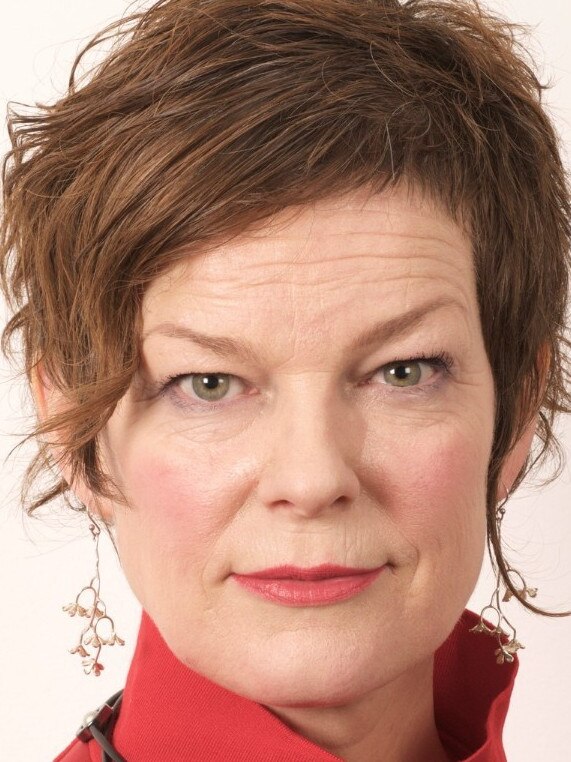
About 65 countries have made smacking a criminal offence.
Under SA law, parents and guardians can still physically punish children, if the contact is generally regarded as acceptable within the community.
However, punishing a child who is incapable of understanding what they have done wrong, or exerting unjustifiable force, is illegal.
Parents also have the common law defence of chastisement.
In 2022 SA’s Commissioner for Children and Young People Helen Connolly said corporal punishment should be explicitly banned in the home, in public and in detention centres.
A State Government spokeswoman on Friday said it was “is not presently undertaking any work on corporal punishment”.
“It is important to note that under the current laws, where the force applied by parents is excessive, taking into account the age of a child and other factors, parents can still be charged with assault,” she said.
Opposition legal affairs spokesman Josh Teague said parents were “best able to determine how they raise their children”.
“We support the essential role of parents and caregivers in a family environment and their primary responsibility to ensure the safety and security of their children,” he said.
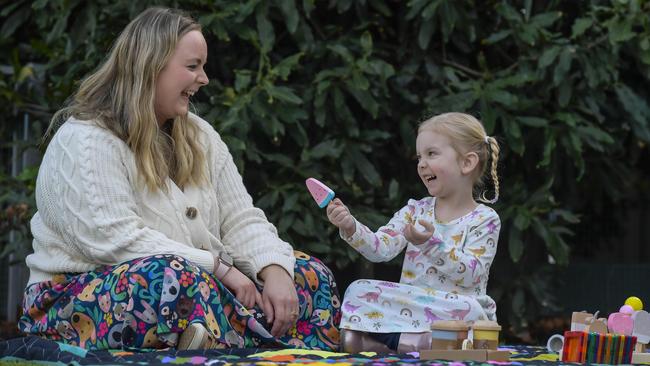
Mum Emily Bondarenko knows parenting can be challenging but does not resort to smacking daughter Olivia, 3.
“I want to be a safe place for her, not someone she fears,” said Mrs Bondarenko, who is an Early Learning Centre director.
“Just because I don’t smack my child doesn’t mean we don’t experience those moments of extreme frustration though.”
Mrs Bondarenko, 32, said parents needed more support to learn other ways to respond.
With Olivia, she gets down to her daughter’s level, acknowledges how she’s feeling and gives her options to choose better behaviour.
“I might say ‘I know you really like that TV show but we are all done with TV for today … would you like to turn the TV off or would you like me to?’,” she explained.
“When I do lose my cool, because it still will happen … if I have raised my voice I will apologise, as that is modelling what I want her to do when she makes mistakes.”
More Coverage
Originally published as New Australian research shows smacking kids causes long-term harm




